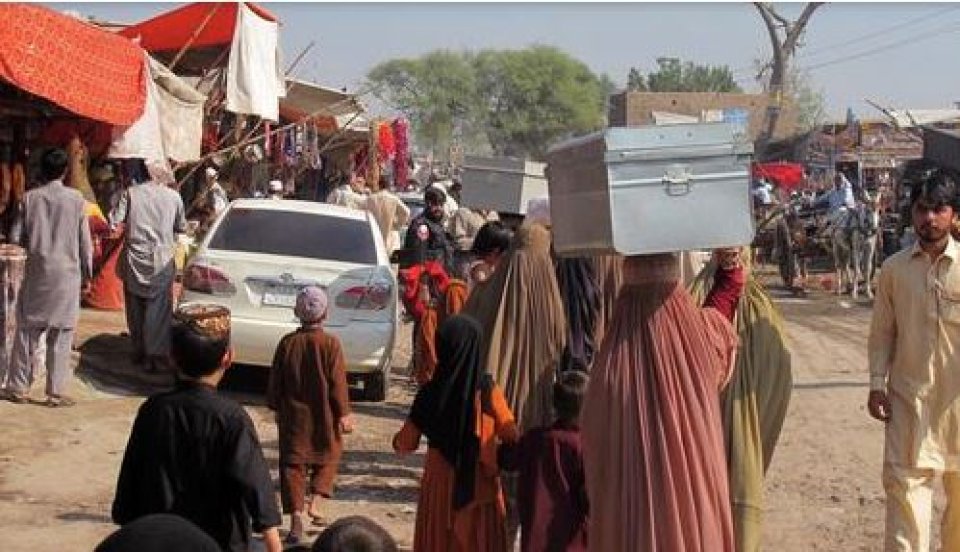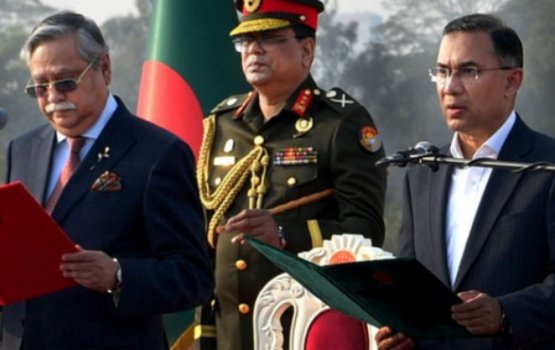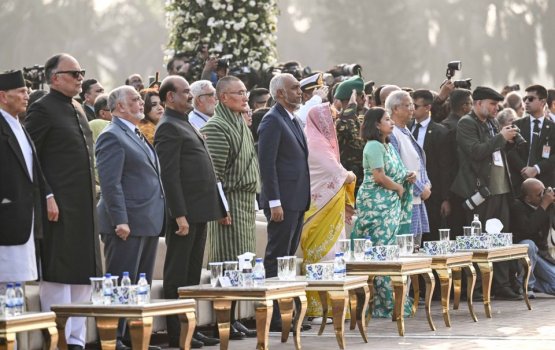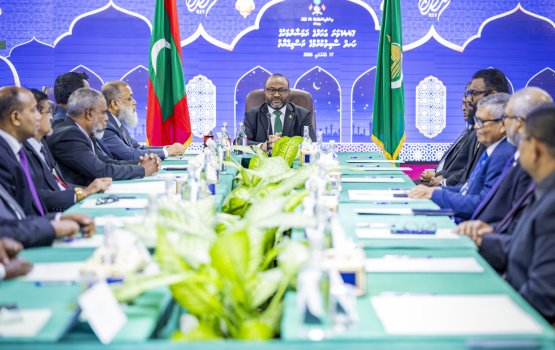According to Unicef’s annual report 2023, 60 percent of children in Pakistan are not registered before their fifth birthday. This makes Pakistan the country with the highest number of unregistered children globally.
Pakistan indeed faces a significant challenge with birth and death registration. Approximately 60 million children in Pakistan remain unregistered. This lack of registration can lead to various issues, including difficulties in accessing education, healthcare, and protection from child labour and early marriages.The scale of the problem remains substantial, and both birth and death registration in Pakistan faces significant challenges.
The country has a few systems in place, but they are often underutilised or inefficiently implemented. Different provinces have their own rules and systems. For example, Punjab has the Punjab Local Government (Registration of Births and Deaths) Rules 2021.
Pakistan’s existing system of obtaining a birth certificate requires an applicant to fill a form in Urdu and English, manufacture an affidavit on stamped paper, write an application to the union council chairman, produce a birth report issued by the hospital where the child was born, attach Computerised National Identity Card (CNIC) copies of the mother, father and grandfather, and deposit a fee of Rs200. For children born at home, one also needs copies of the midwife’s CNIC and certificate, along with the statements and CNIC copies of two witnesses, all attested by a Grade-17 officer and above. Cantonments also ask for a copy of the property tax payment receipt.
The National Database and Registration Authority (NADRA) has implemented a Civil Registration Management System to facilitate the registration of births, deaths, marriages, and divorce Despite these systems, many births and deaths go unregistered due to factors like lack of awareness, bureaucratic hurdles, and limited access to registration centres, especially in rural areas. This indicates that Pakistan is still a long way to go to ensure comprehensive and efficient registration across the country.
Birth registration in Pakistan faces several significant barriers because of the failure of successive governments to create proper national databases. Many people in rural areas are unaware of the importance of birth registration and its benefits for their children. The process can be complicated and time-consuming, with many forms to fill out and documents to provide. Poverty is so pervasive in Pakistan that even the small fees associated with registration can be prohibitive for families. The bulk of Pakistani communities are backward with firm beliefs in traditional practices which discourage formal registration. As a state Pakistan has failed in providing its citizens access to healthcare professionals who can assist with the registration process during childbirth. Further there appear to be no attempts to address these barriers with any interventions, such as mobile registration units, community awareness programs, or simplifying the registration process.







